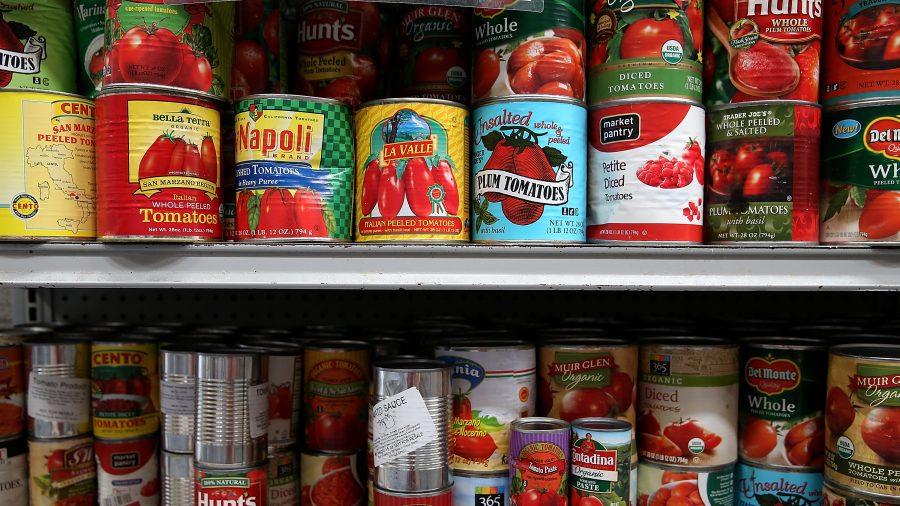A bill introduced in Alabama would require some food stamp recipients to get a drug test.
The bill and several others taking aim at the state’s welfare program would prohibit work waivers for people without children and require some people on welfare to work, volunteer, or get an education along with the drug test requirement.





